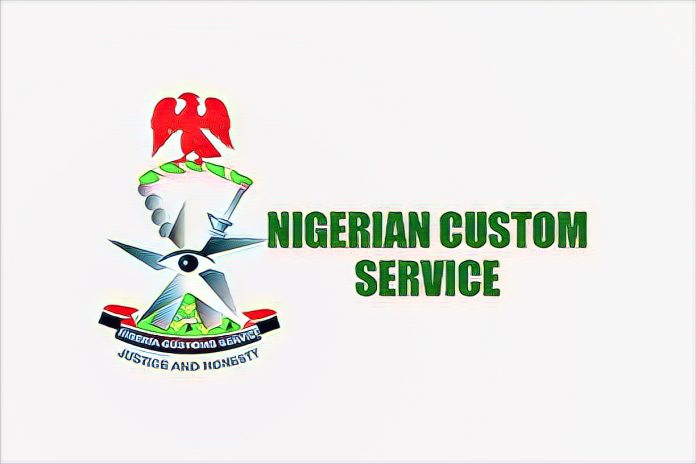In a bold move to significantly increase its revenue generation, the Nigeria Customs Service (NCS) has set an ambitious target of N5.08 trillion for the fiscal year 2024. This announcement was made by the Comptroller General of Customs, Bashir Adeniyi, during his appearance before the House of Representatives Committee on Customs and Excise in Abuja, where he defended the 2024 budget estimates for the Service.
The projected revenue for 2024 marks a substantial increase of 27.75 percent over the target set for 2023, signaling the Customs Service’s commitment to enhancing its contribution to the national treasury. The breakdown of the revenue target includes N3.423 trillion from federation accounts, N554.35 billion for non-federation accounts, and a significant N1.101 trillion from import Value Added Tax (VAT).
Adeniyi underscored the importance of timely fiscal policy measures for 2024, emphasizing their role in facilitating the Service’s implementation efforts. Additionally, he highlighted several key initiatives expected to drive revenue collection in the upcoming year. Among these is the national single window project, a long-anticipated effort now being pursued with renewed vigor. This initiative aims at process harmonization and standardization to streamline customs operations. The inauguration of the steering committee for this project has been approved by the President, with its commencement anticipated in the near future.
Another significant revenue driver mentioned by Adeniyi is the introduction of the Vehicle Registration System and the Vehicle Identification Number valuation application. These technologies are poised to reduce undervaluation and tax evasion on vehicles, thereby bolstering the Customs Service’s revenue collection capabilities.
Reflecting on the performance of the NCS in 2023, Adeniyi disclosed that the Service had set a target of N3.67 trillion but managed to generate a total revenue of N3.21 trillion from January to December. Despite falling short of the target by N462.9 billion, or 12.62 percent, Adeniyi expressed satisfaction with the Service’s efforts, considering the challenges encountered.
He pointed out several factors that impacted the Service’s ability to meet its 2023 revenue target, including the substantial importation of goods under Chapter 99 of the common external tariff, which led to a revenue loss of over N2 trillion. This, according to Adeniyi, constituted a significant 63.35 percent of the total revenue collection. Additionally, exemptions granted through import duty exemption certificates and other statutory provisions accounted for a revenue shortfall of around N1.8 trillion, equating to 58.52 percent of the generated revenue. The NCS also faced a decrease in cargo throughput, which dropped from 17.2 percent to 15.2 percent over the year.
In response to the Customs Service’s ambitious revenue target for 2024, the Chairman of the Committee, Leke Abejide, assured the NCS of the House’s support in repositioning the Service to achieve its goals. Abejide’s statement reflects the legislature’s readiness to assist the Customs Service through legislative measures and oversight functions, underscoring the importance of the NCS’s role in Nigeria’s economic landscape.
The Nigeria Customs Service’s strategic focus on enhancing its revenue collection mechanisms through the adoption of technology and the streamlining of processes highlights a proactive approach to addressing the challenges of modern customs administration. With the support of the federal government and the legislature, the NCS is poised to make significant strides in contributing to Nigeria’s fiscal stability and economic growth in 2024 and beyond.



